Thermocouples & RTD's
Thermocouple & RTDs PT100 in Pakistan
A thermocouple is a type of temperature sensor that is commonly used in industrial settings. It consists of two different metal wires that are connected at one end. When a temperature difference occurs between the two ends of the wires, a small electrical voltage is generated. This voltage can then be measured and used to determine the temperature of the surrounding environment.
RTDs (Resistance Temperature Detectors), like PT100, are another type of temperature sensor that are commonly used in industrial settings. Unlike thermocouples, which rely on the thermoelectric effect to generate a voltage, RTDs use the change in electrical resistance of a material as the temperature changes. PT100 is a type of RTD that is made of platinum and has a resistance of 100 ohms at 0 degrees Celsius.
Hi-Tech is the manufacturer of both thermocouples and RTDs in Pakistan that are widely used for temperature measurement and control in various industrial applications such as power plants, petrochemical plants, and food processing plants. We produce various types and sizes, which makes it easier for Pakistani industries to access these devices at a reasonable cost.
K-Type Thermocouples:
A thermocouple K-type is a type of thermocouple that uses nickel-chromium and nickel-aluminum alloys as the sensing elements. It is one of the most common types of thermocouples used in industrial settings due to its wide temperature range (-200 to 1372°C) and its high accuracy and stability. K-type thermocouples are suitable for use in a variety of applications, including furnace, heat treatment, and process control. They are also widely used in the food, plastics, and metalworking industries. K-type thermocouples are relatively inexpensive and easy to install, making them a popular choice for many industrial temperature measurement applications.
PT-100 & RTD Sensor
PT100 is a type of RTD (Resistance Temperature Detector) that is made of platinum and has a resistance of 100 ohms at 0 degrees Celsius. It is known for its high accuracy and long-term stability, making it a popular choice for temperature measurement in industrial applications such as power plants, petrochemical plants, and food processing. It can measure temperatures from -200 to 850°C. It is relatively more expensive than other types of RTDs, but its high precision and long-term stability make it a good choice for critical temperature measurement applications.
S-Type & R-Type Thermocouples:
An S-type thermocouple is a type of thermocouple that uses a combination of platinum and rhodium as the sensing elements. It has a temperature range of -50 to 1768°C and is known for its high accuracy and stability over a wide range of temperatures. S-type thermocouples are commonly used in the semiconductor, aerospace, and petrochemical industries, as well as in laboratory and research applications.
An R-type thermocouple is a type of thermocouple that uses a combination of platinum and rhodium-13% as the sensing elements. It has a temperature range of -50 to 1768°C and is also known for its high accuracy and stability over a wide range of temperatures, similar to S-Type. R-Type thermocouples are commonly used in applications where a high level of accuracy is required, such as in laboratories, research, and the chemical and petrochemical industries. Both S-Type and R-Type thermocouples are relatively expensive compared to other types, but the higher accuracy and stability make them a good choice for applications where precise temperature measurement is crucial.
Thermocouple with Ceramic Tube
- Lorem ipsum dolor sit amet,
- consectetur adipiscing elit. Ut elit tellus, luctus nec ullamcorp
- er mattis, pulvinar dapibus le
- Lorem ipsum dolor sit amet, consectetur adipiscing elit, sed do eiusmod tempor incididunt ut labore et dolore magna aliqua. Ut enim ad minim veniam, quis nostrud exercita
- dolore eu fugiat nulla pariatur. Excepteur sint occaecat cupidatat non proident, sunt in culpa qui officia deserunt mollit anim id est laborum.
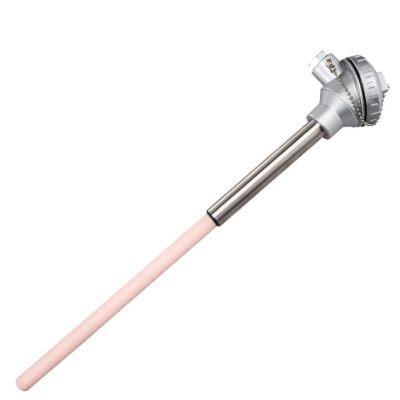
Thermocouple Explosion Proof Head
- Lorem ipsum dolor sit amet,
- consectetur adipiscing elit. Ut elit tellus, luctus nec ullamcorp
- er mattis, pulvinar dapibus le
- Lorem ipsum dolor sit amet, consectetur adipiscing elit, sed do eiusmod tempor incididunt ut labore et dolore magna aliqua. Ut enim ad minim veniam, quis nostrud exercita
- dolore eu fugiat nulla pariatur. Excepteur sint occaecat cupidatat non proident, sunt in culpa qui officia deserunt mollit anim id est laborum.
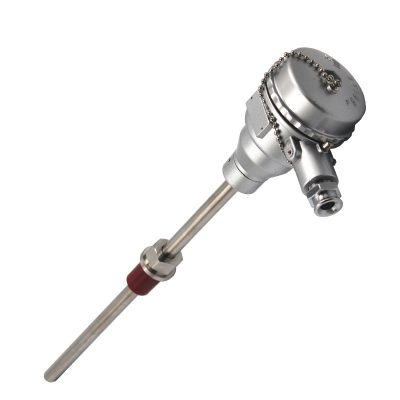
Thermocouple & RTD with transmitter
- Lorem ipsum dolor sit amet,
- consectetur adipiscing elit. Ut elit tellus, luctus nec ullamcorp
- er mattis, pulvinar dapibus le
- Lorem ipsum dolor sit amet, consectetur adipiscing elit, sed do eiusmod tempor incididunt ut labore et dolore magna aliqua. Ut enim ad minim veniam, quis nostrud exercita
- dolore eu fugiat nulla pariatur. Excepteur sint occaecat cupidatat non proident, sunt in culpa qui officia deserunt mollit anim id est laborum.
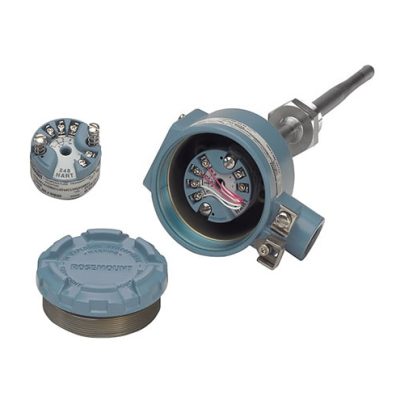
Thermocouple & RTD Wire Type
- Lorem ipsum dolor sit amet,
- consectetur adipiscing elit. Ut elit tellus, luctus nec ullamcorp
- er mattis, pulvinar dapibus le
- Lorem ipsum dolor sit amet, consectetur adipiscing elit, sed do eiusmod tempor incididunt ut labore et dolore magna aliqua. Ut enim ad minim veniam, quis nostrud exercita
- dolore eu fugiat nulla pariatur. Excepteur sint occaecat cupidatat non proident, sunt in culpa qui officia deserunt mollit anim id est laborum.
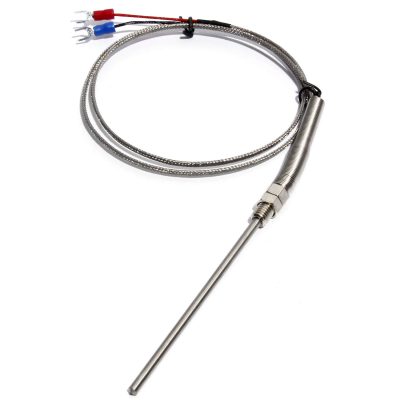
Thermocouple & RTD Stud Type
- Lorem ipsum dolor sit amet,
- consectetur adipiscing elit. Ut elit tellus, luctus nec ullamcorp
- er mattis, pulvinar dapibus le
- Lorem ipsum dolor sit amet, consectetur adipiscing elit, sed do eiusmod tempor incididunt ut labore et dolore magna aliqua. Ut enim ad minim veniam, quis nostrud exercita
- dolore eu fugiat nulla pariatur. Excepteur sint occaecat cupidatat non proident, sunt in culpa qui officia deserunt mollit anim id est laborum.
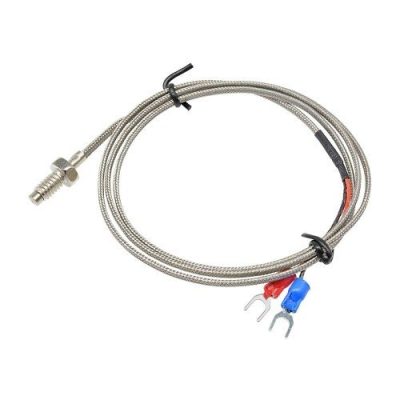
Temperature Probe Roller Type
- Lorem ipsum dolor sit amet,
- consectetur adipiscing elit. Ut elit tellus, luctus nec ullamcorp
- er mattis, pulvinar dapibus le
- Lorem ipsum dolor sit amet, consectetur adipiscing elit, sed do eiusmod tempor incididunt ut labore et dolore magna aliqua. Ut enim ad minim veniam, quis nostrud exercita
- dolore eu fugiat nulla pariatur. Excepteur sint occaecat cupidatat non proident, sunt in culpa qui officia deserunt mollit anim id est laborum.
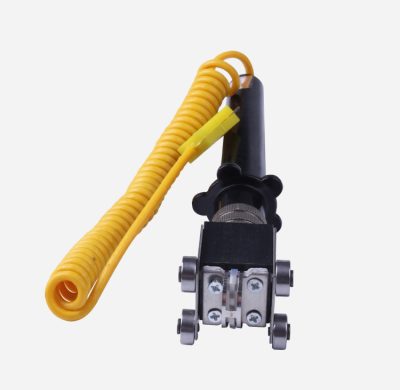
Mineral Insulated Thermocouple with Plug
- Lorem ipsum dolor sit amet,
- consectetur adipiscing elit. Ut elit tellus, luctus nec ullamcorp
- er mattis, pulvinar dapibus le
- Lorem ipsum dolor sit amet, consectetur adipiscing elit, sed do eiusmod tempor incididunt ut labore et dolore magna aliqua. Ut enim ad minim veniam, quis nostrud exercita
- dolore eu fugiat nulla pariatur. Excepteur sint occaecat cupidatat non proident, sunt in culpa qui officia deserunt mollit anim id est laborum.
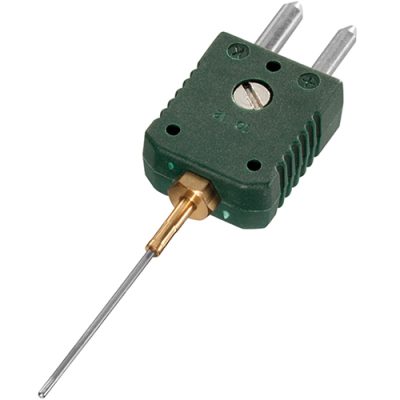
Handheld Surface Probe
- Lorem ipsum dolor sit amet,
- consectetur adipiscing elit. Ut elit tellus, luctus nec ullamcorp
- er mattis, pulvinar dapibus le
- Lorem ipsum dolor sit amet, consectetur adipiscing elit, sed do eiusmod tempor incididunt ut labore et dolore magna aliqua. Ut enim ad minim veniam, quis nostrud exercita
- dolore eu fugiat nulla pariatur. Excepteur sint occaecat cupidatat non proident, sunt in culpa qui officia deserunt mollit anim id est laborum.
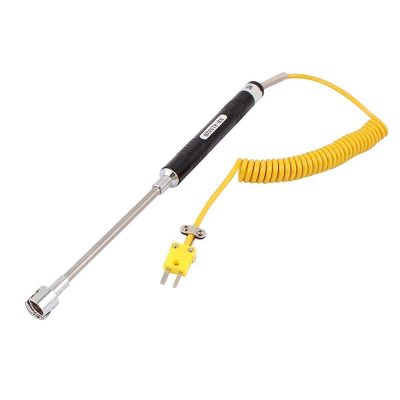
Phone:
+92 321 1234567
Address:
209-A Canal View-H-Society Lahore
E-mail:
mail@hitech.com
Who we are?
Hi-Tech is ISO 9001:2015 certified firm & we have up to the mark after sales service & technical feedback
